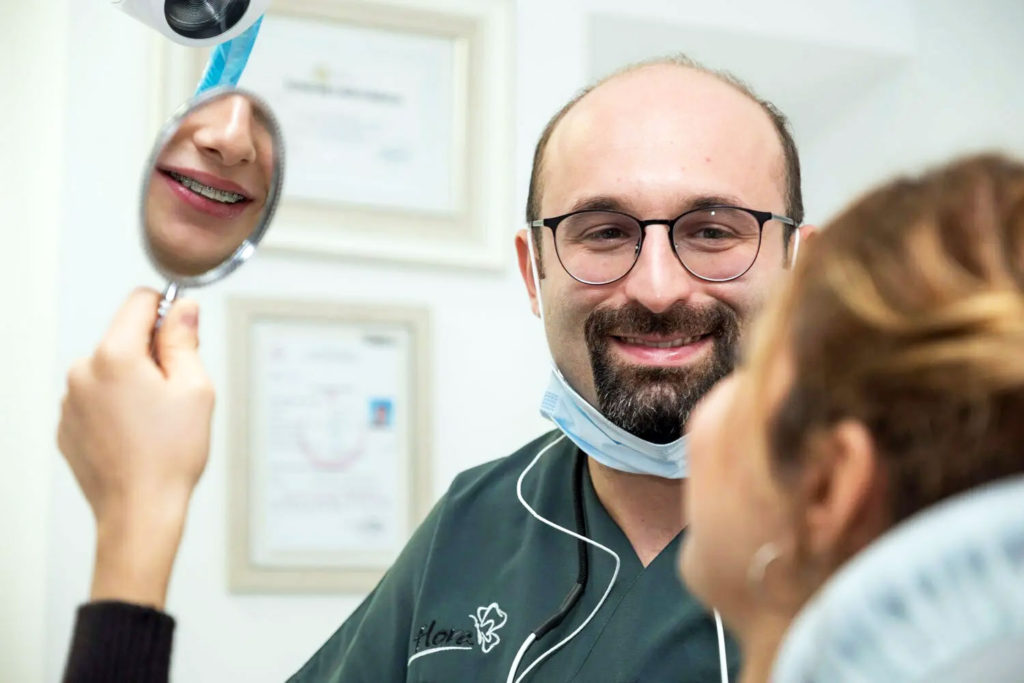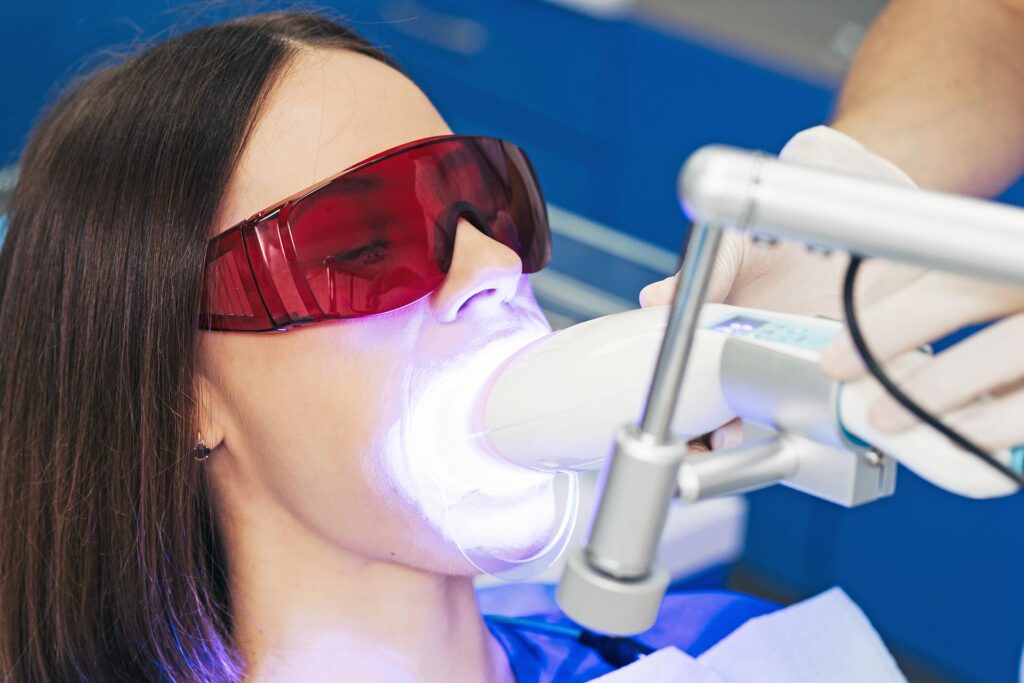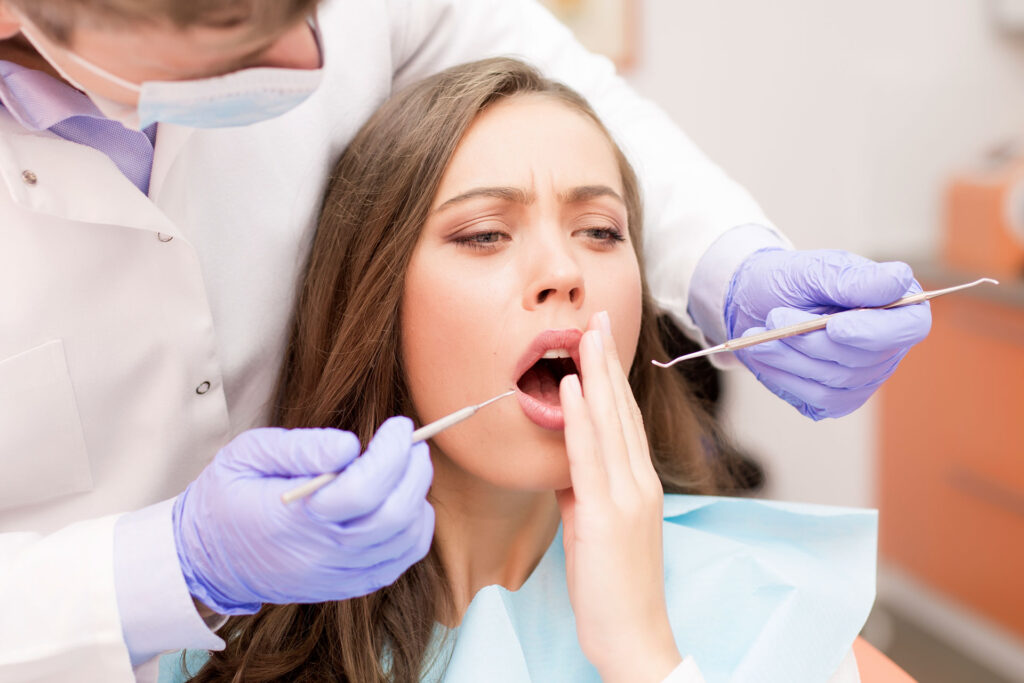
If the natural tooth cannot be saved, is damaging other teeth or is likely to cause other problems in the mouth, tooth extraction is performed painlessly under local anesthesia. After tooth extraction, different discomforts such as infection, dry socket and related swelling, fever, chills, sweating, jaw pain may occur.
When a tooth is extracted, the bone and nerves at the site of the socket are vulnerable until healing is complete. With the formation of a blood clot, this opening closes over time and healing takes place with the formation of gum tissue. In order not to disrupt the clotting, accelerate healing and prevent infection, the dentist gives the patient some post-treatment advice.
The patient should bite the tampon for about half an hour after tooth extraction until the bleeding slows down and should not consume food until the numbness in the mouth disappears. One day after tooth extraction, it is recommended to clean the wound area by gargling with warm salt water. You should rest, avoid exertion, pay attention to oral hygiene, do not brush your teeth until the dentist gives permission, do not drink alcohol, smoke, spit, chew gum, prefer soft foods instead of hard, crusted foods, do not use straws, do not consume extremely hot or cold drinks and foods.
As the effect of anesthesia begins to wear off, pain may be experienced for 1-2 days and will disappear over time. The dentist will recommend painkillers and antibiotics if necessary.
If there is prolonged, intensifying and spreading pain after tooth extraction that does not go away despite following the dentist’s recommendations, the dentist should be informed and additional treatments should be taken without losing time, as dry socket in the area may be a sign of infection. Especially in wisdom tooth extractions, the possibility of infection and subsequent pain in the jawbone is high.
When the mouth remains open for a long time during tooth extraction, pressure on the jaw muscles can cause pain in the Temporomandibular joint (TMJ), which is at the junction of the lower jaw and the skull. This pain can cause pain in the ear, head and facial areas and the tension in the muscles can cause clenching of the teeth. Applying cold or heat to the painful areas reduces pain. Jaw exercises are also recommended several times a day to increase mobility in the jaw and relax the muscle tension. The dentist may also prescribe muscle relaxants if necessary.





